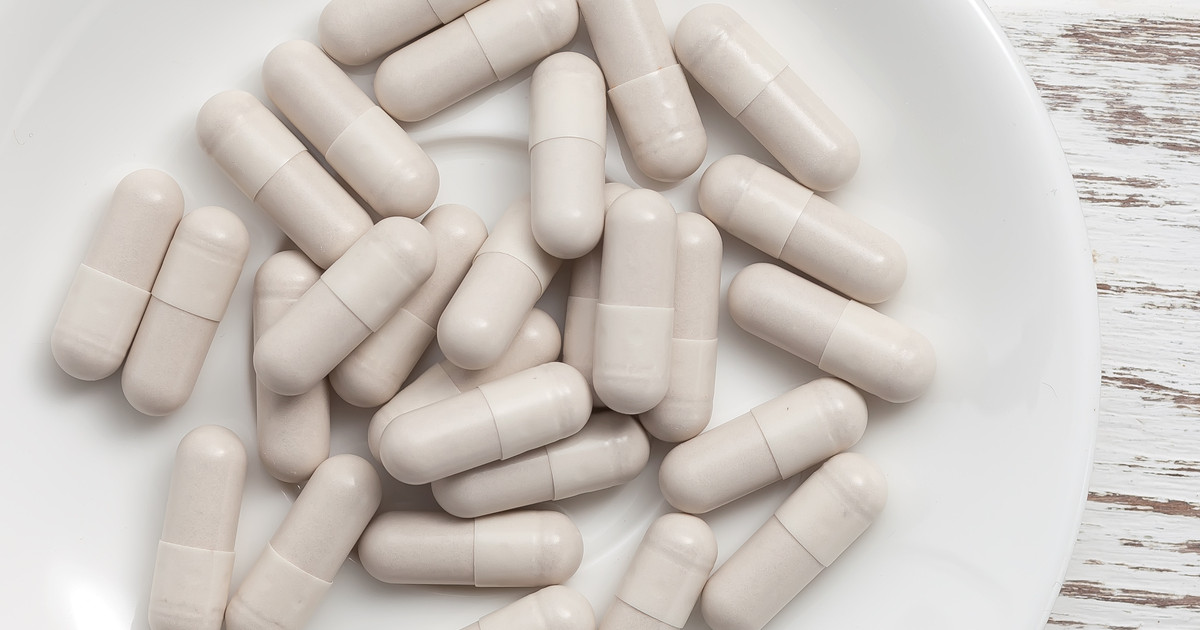Overview Of B Vitamins
The body uses B-vitamins, which are water-soluble, to metabolize fats, proteins, and carbohydrates. In addition, they are important for DNA and RNA synthesis and repair. These vitamins support the health of the skin and the nervous system. They are also beneficial in promoting healthy muscle tone. Symptoms of a B vitamin deficiency include fatigue, weakness, confusion, weight loss, and constipation. Mouth sores may be present, and memory problems could occur as well.
Vegans and vegetarians often need to take B vitamin supplements, since these vitamins are often found in meat and dairy. Common options include a B-complex tablet, biotin pills, as well as a vitamin B12 supplement. There are also injections of B vitamins out there, such as vitamin B12 injections. In addition to correcting a deficiency, patients may take vitamin B supplements for other reasons, such as biotin for hair growth. However, patients must understand the different B vitamins first.
Biotin

The body uses biotin, which is also referred to as vitamin B7 or vitamin H, to break down fats, proteins, and carbohydrates. Research suggests that the vitamin may reduce insulin resistance. Avocados, egg yolks, nutritional yeast, brewer's yeast, sunflower seeds, almonds, sweet potatoes, and salmon all contain high levels of biotin. Biotin deficiencies are rare in individuals who follow a Western diet. Researchers estimate that the standard diet in the Western world includes thirty-five to seventy micrograms of biotin per day. According to current guidelines, thirty micrograms is considered to be an adequate daily intake for healthy adults. Individuals who are breastfeeding are advised to consume thirty-five micrograms daily.
Patients who use certain anti-seizure medicines are more likely to have a biotin deficiency, as are those who regularly drink significant quantities of alcohol. Individuals with low biotin could experience hair loss and skin lesions, and severe deficiencies may result in neurological issues. Patients who suspect that they may have a biotin deficiency should see their doctor for an evaluation. They can check the patient's biotin levels and recommend a safe dose for a supplement.
Folate

Folate, also called vitamin B9 or folic acid, plays a crucial role in the formation of red blood cells. It supports healthy adrenal function. This vitamin is important for maintaining the health of the brain and nervous system. Pregnant women need to ensure that they have adequate folate intake during the early stages of pregnancy to lower the risk of congenital disabilities. Beans, nuts, peas, and dark green vegetables are particularly rich in folate. Other ideal food sources include oranges, lemons, strawberries, and bananas. Folate is added to many breakfast cereals and fortified foods. Adults are advised to consume four hundred micrograms of folate each day. Pregnant women need to consume four to eight hundred micrograms per day.
Celiac disease patients are at an increased risk of folate deficiency, so they should speak with their doctor about appropriate supplementation. Research suggests that folate may help reduce the risk of depression and some types of cancer. Individuals who take folic acid supplements could experience nausea, loss of appetite, sleep disturbances, confusion, or irritability. The supplements may interact with certain medications. Thus, patients who are considering them should always ask their doctor first. They may need to adjust the doses of other medications.
